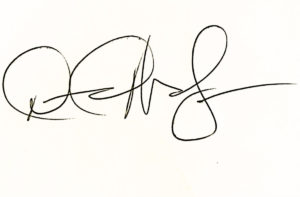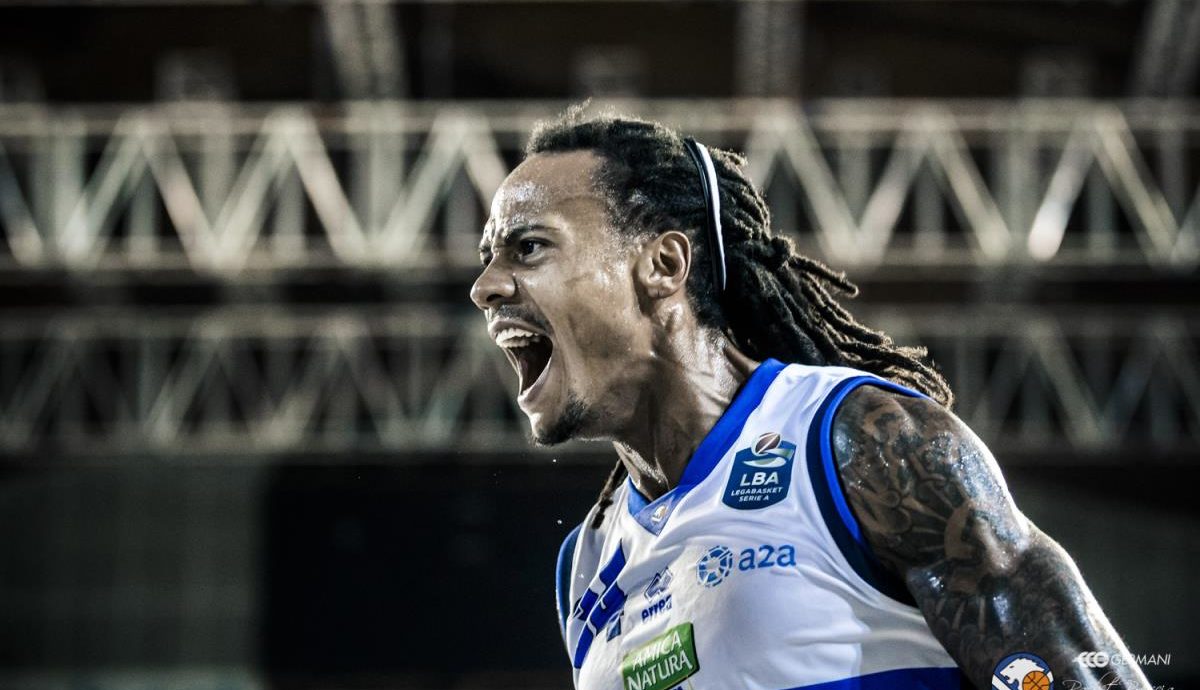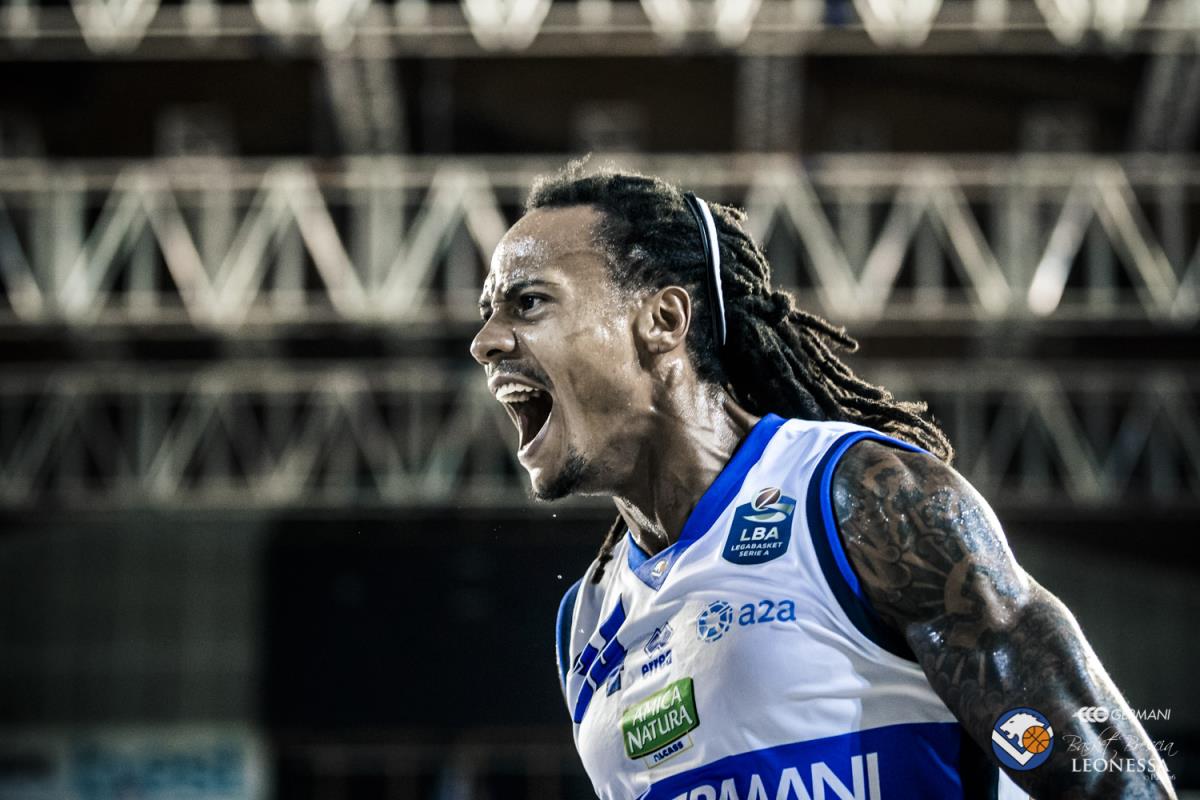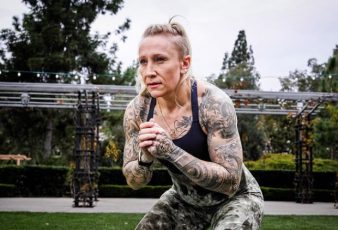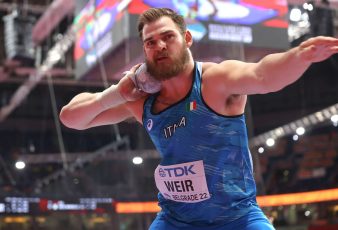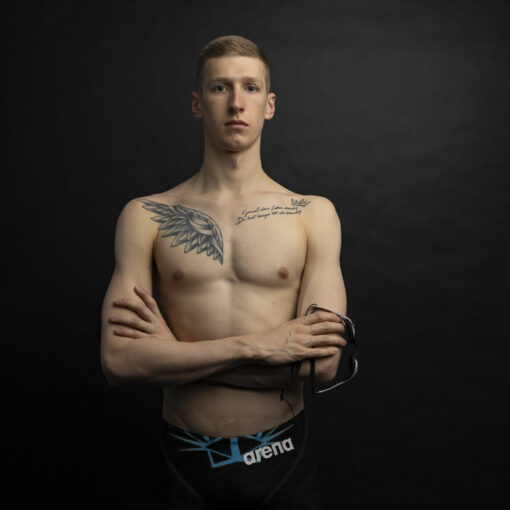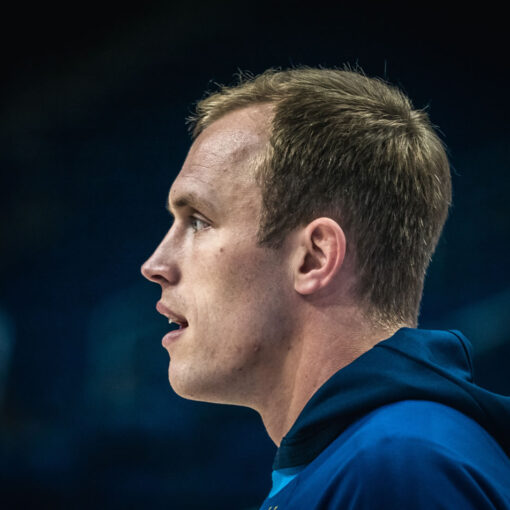It ‘s very difficult for me to stop and look back, I hardly ever do it.
Giving space to memory and nostalgia it’s a way of being that does not belong to me, I prefer to stay with my shoulders attached to the wall of the present hour and to scrutinize forward, in the direction of what still has to be.
In the direction of what I can still build, visit or discover.
Sometimes, however, I feel the desire to explain where certain aspects of my character come from, some of those fragments of my approach to the game and to the existence that I carry around in the bag, around the World.
I think it was God, or maybe it was the Universe, that tattooed under my skin, near the source of my DNA, the ideogram of competition.
I always feel it burning inside as if the scar left by the tattoo artist was always perpetually fresh.
As a child my first love was football and I always remember that in the neighborhood we used to play a unique and wild version of it: each for himself, 20 kids and a ball, period.
You had to out-run everybody, go faster than everyone, to score, you had no alternative.
All to chase the one with the oval that ran towards the only end-zone in a field that we had bounded with arms and imagination.
A game, because it was still a game, without the organization of team sports, that immediately exposed me to a great physicality, which is something that has remained inside of me, very deep. Something that I simply adore.

© Basket Leonessa Brescia
I never knew the paternal side of my family and the most important figures in my adolescence were all women. Very strong women.
My aunt Juliette, she could do many different things, she was a lawyer and an actress together.
She was present and comprehensive. She was the one who bought my first membership card at a gym, the YMCA. And it was always her to accompany me every day, or to recover me from the bus stop late at night.
She gave me the opportunity to think only to play, because she was already thinking about the rest
The permission to be light is a heavy gift, I recognize it.
Then there was grandma, with her there were certainly no great conversations: so many generations of difference, perhaps too different languages.
But when two people are bound by something profound and sincere, even if words can’t create a dialogue by their own, communication always finds other ways to express itself, to stand up and walk, to cement what I feel for you and what you feel for me.
It's like when in the locker room you can’t find the way to connect with a new teammate, and then when someone puts, without knowing it, the right song you both find yourself singing it laughing, that after all you are not so different.
With grandma I spent hours watching sports on TV, she was always showing me and explaining the rules of baseball, tennis, basketball. Our ritual was always at her home, and it was really like it was sacred to me, something I would never give up and that really influenced me.
Where I was there was sport, or maybe where there was sport I always arrived, it doesn’t matter, it makes little difference, it has always been an indissoluble union, what defines me more than anything else.
I started in after school, we did our homework, and the faster you finished them, the longer you could play. But the group in which I really learned the meaning of sport is certainly the one of my neighborhood.
The one I grew up in Chicago can’t be called an easy area: it's a tough neighborhood to live in. But as a child, living inside of it, immersed up to my neck as an active part of a group of children, I didn’t give it too much weight.
Everyone's life is made of ups and downs, mine was no exception.
There have been complicated moments, which is even difficult for me to call to mind, but I feel that mine, on the whole, has indeed been a fortunate adolescence.
My first, crazy, love was the one consumed with football, but I was born in 1983 and the following year the Bulls chose Michael Jordan in the draft: it was the beginning of a great fever that infected the whole city and it last twenty years at least.
Basket and Illinois was a deep connection as air and lungs.
You could breathe it unintentionally, in the streets, in the playgrounds, in the high schools, you couldn’t do anything about it. It was like a wave, a tsunami that overwhelmed entire generations, driven by that extraordinary team, entered forcefully in the collective imagination of all the kids and adults of that period and even later.
That was a different, harder basketball, made more by navy seals than by superheroes like today’s game. The teams were divided into special departments, each with their own specific duties.
In those Bulls, there were those who had to score, who had to defend and set the screens, who to take rebounds, who could take just open shots.
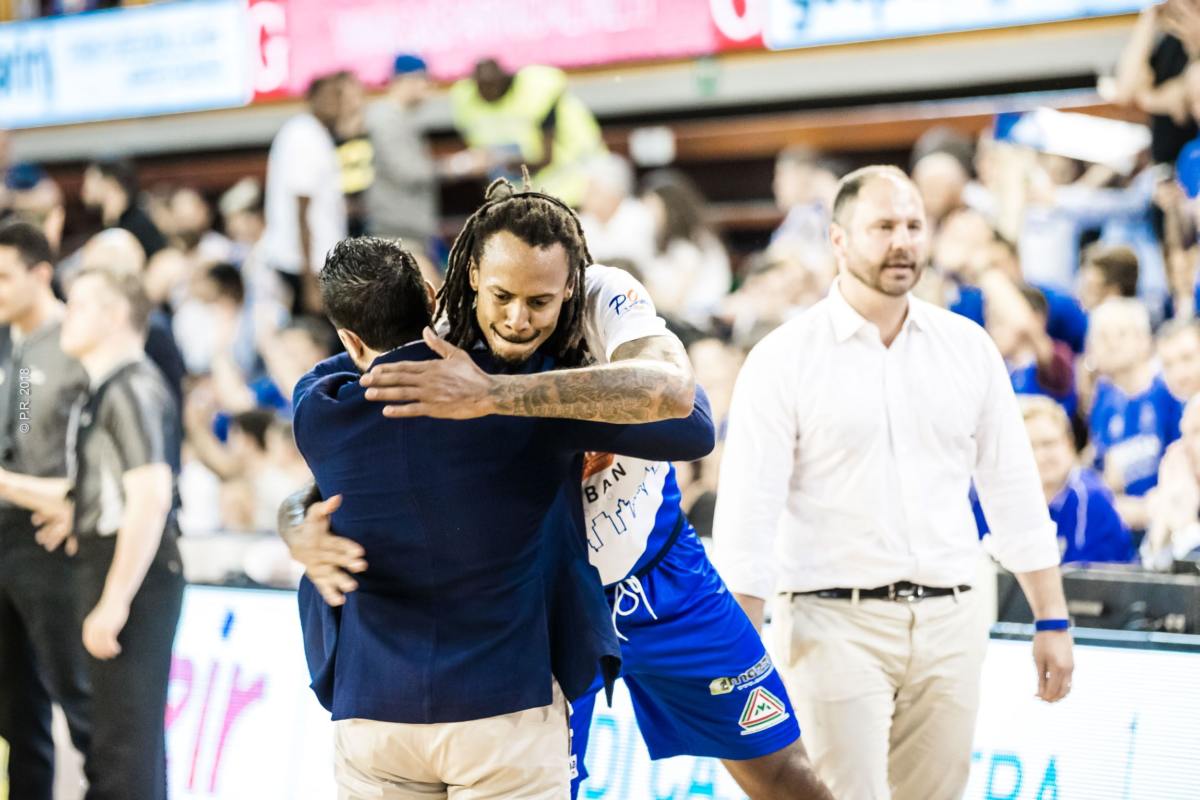
© Basket Leonessa Brescia
And if you take open shots usually is not for your own merits.
Then there was Scottie Pippen, and he seemed to have the license to do everything he wanted in the court: rebounds, assists, dunks. He put numbers as a real all-around, which are perhaps usual in today’s game, but that used to left me open-mouthed back then.
In my eyes his completeness was amazing: in the Finals 1991 he guarded Magic and at the same time he was the most productive on offence after Michael.
He was, from a technical point of view, my first role model in basketball.
I liked basketball, not as much as football of course, but I liked it and now I can also say how grateful I am.
I really am because it has allowed me to find a road full of challenges and battles that I can run all in one breath, a gigantic oxygen tank to allow the survival of my competitive nature.
Even today I ride the world thanks to basketball, and even if it was not love at first sight, I can say that we managed to build a solid, lasting marriage anyway.
It was not clear to me how much I wanted to become a professional player.
The most important thing for me has always been to give vent to my desire to play and to be an active part of a group.
When I was a boy I was certainly not the most gifted of the team, too thin despite the football, my footwork was slow and because of that I was not a good defender, and the only decent thing I could do was shoot.
That and plus I was a fighter, a real fighter.
There was no friendly game, playground, official game or practice in which I could not get my finger to scratch the surface of my technical and physical limits just to stay in the court, even just a few minutes more.
I think it was this that influenced my technical development more than anything else: just to be in the court, along with people who seemed more gifted than me, I was ready to do anything. Defend, take rebounds, pass the ball, anything as long as the coach preferred me to a friend of mine for the next minute of the game.
Anything.
So I immediately learned to make myself available seriously,
I learned that to be part of something you like, you have to be willing to do some things that you don’t like.
I learned that for a team a useful player sometimes worth more than a strong player and I sometimes, maybe, I was among the strongest of the team, but, without a doubt, I have always been useful, you can bet.
I wanted to be part of the team, to have a role recognized by others.
It does not matter which team, no matter what role.
During my freshman year in high school I played in basketball team B and also in football, I did not see a reason that was good enough to choose one.
I was interested in playing.
But at the end of the season I decided to quit football, my first love, and for the first time in my life I let the ambition to guide me. No longer just the taste of being inside a court, but following a practical project, a real one, to try to create a professional career.
The idea of pushing me as far as possible playing basketball, just basketball.
The following year I made the sixth man of a very strong team that had Eddy Curry as a symbolic man. He was the guy and all the soffensive sts and attentions were for him, but around his talent played 7 other great players and each of them was able to do a step up at any time, depending on the needs of the team and the type of opponent.
That year, finished losing the national final, made me really understand how much I wanted to become a professional, I still remember the emotion that I felt holding the local newspaper in my hands with my photo above after the last game.
In the picture I was crying inconsolably and I felt a click at the base of the skull: I had a new purpose and to make it tangible the teachings received at Thornwood were fundamental
They taught me to play the right way, trying to recognize the tactical situations and not to break down the wall to warheads tanyway.
They taught me to have respect for the game and for its harmony, to defend for two and to always look for the correct play, with attention and respect. To go beyond the statistics and to put the right attention in creating relationships with the teammates.
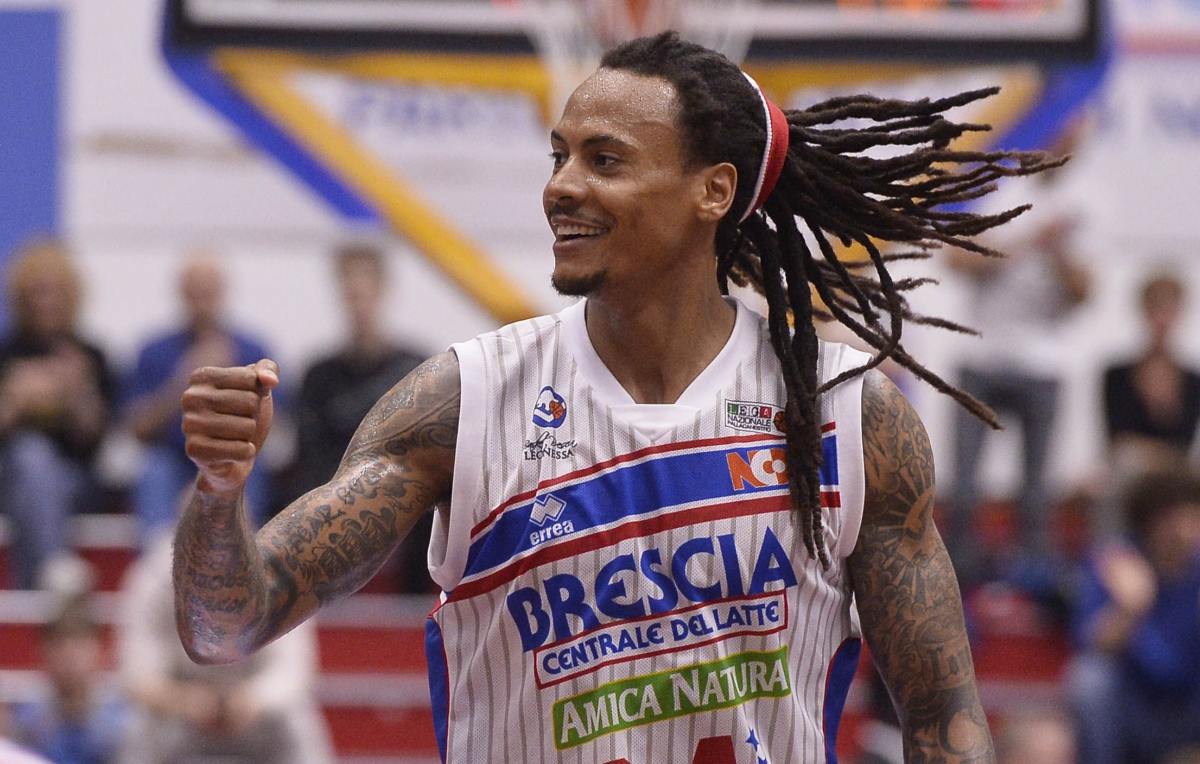
© Basket Leonessa Brescia
All this is always bigger than the rest.
More fundamental than talent, more important than chemistry among players.
More decisive of the percentages to shooting is the willingness to play the right way.
When I arrived in Europe all this helped me a lot to integrate into a system where very often the American is greeted with unjustified prejudices, both from a technical and human point of view.
The American, for the eye of the European, is often selfish, uncaring and if it fits well into the city or not, it changes little.
I spent my first year out in Poland and, to be honest, I did not see the difference between the American and the European approach on the fcourt, from a technical point of view, but only outside.
It was a rude awakening: because I saw how a Polish player was always important first compared to an American player, for whom you can also provide less attention and affection that is all the same good.
At first it was a shock to me, today I laugh, because I learned that there are so many places where you can collect exactly how much you sow, and how much you deserve, not less.
I lived in dozens of different locker rooms and every time, every year, it was an exciting journey. Each season is in its own way unforgettable, whether it is one of those that seem to end in an instant or one of those that drag slowly.
The locker room is like a family where everything flows with the fast-forward button pressed.
It's a family because, just like in a family, you don’t choose the components, but you have to make them go well anyway, and not well so to speak, really well.
Because you have to fight every day for the minutes on the court, for personal affirmation, but you must also be able to not forget why they pay you: win as many games as possible together.
The locker room looks like a family because sometimes you do not want to stay there, sometimes you are tired of it and you want to detox for a night or two, but you can not, because that is your home.
And in your house you have to accept others for what they are, without distinction, you can not change them.
But it is also the place where you can bring out your character without hesitation, the place where your limits and your fears are hidden behind the forces of others who live with you.
And that's how I try to build my role in every new family with which I start a season: without the claim to be perfect and with an open mind.
With the desire to compete within the team with ferocity, because it is the only way to do it then out all together, as well as being the only way to really respect the teammates and their work.
When this happens, and it happens for everyone, the team has important goals ahead of it.
In all the winning teams I was part of, this mind set inside the locker room made certain results possible.
Locker rooms areall the same and yet all different in the same horizon.
All different how different are the characters and lives of the people who compose them and all the same as the hunger that those who live there is compared to some simple objectives.

© Basket Leonessa Brescia
Everyone talks about how important the locker room is, but when you end up in a place where people really do behave accordingly, you notice it because the walls are impregnated with that level of attention, and everything moves really beating blows that have a sound just like a singular heartbeat.
The winning teams are like that.
But be careful, that the winning teams are not just those who win.
When I was younger and less diplomatic I always repeated to myself and to others a phrase I had heard by Kobe, in an interview:
A season without a ring is a failure!.
For years I believed it was true.
Only with time, becoming older, I have learned to understand that defeats are only one of the two fruits that the tree of competition can give you.
I learned that there are small victories even in the most difficult moments.
I learned that being a winner means more simply not being a quitter.
Since I was aiming at the end zone with the ball in my hand, on the cement of Chicago, chased by fifteen boys, running through the things that did not work, through the shortcomings, trying to enjoy the joy of the game; until today I have never stopped being faithful.
This has taught me life, this has taught me the way:
do not look back,
but marries a cause,
plan a plan,
find for yourself a way to cross it in full while remaining faithful.
And do not quit.
There is still a lot ahead, for you
David Moss / Contributor
